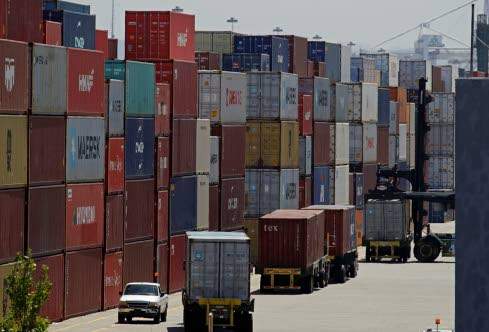RIO DE JANEIRO, BRAZIL – A report by the Economic Commission for Latin America and the Caribbean (ECLAC) expects the number of people in Latin America living in poverty to increase from the current 185.5 million to as many as 230.9 million in 2020, with the highest increases in the poverty rate (by at least seven percentage points) occurring in Argentina, Brazil, Ecuador, Mexico and Peru.
Based on World Bank data, the document concludes: “The global economy will experience its sharpest decline since World War II and per capita gross domestic product (GDP) will shrink concurrently in 90 percent of countries in an unprecedented process.”
For the region as a whole, GDP will drop by an average of 9.1 percent in 2020. According to projections, Brazil will be affected with a 9.2 percent drop, Argentina with 10.5 percent, Peru with 13 percent and Venezuela with up to 26 percent. However, in addition to local challenges, US sanctions and blockades play a major role in Venezuela’s figures.
As a consequence, many households are threatened by poverty. The report expects the number of people living in poverty to increase from the current 185.5 million to as many as 230.9 million in 2020, with the highest increases in the poverty rate (by at least seven percentage points) occurring in Argentina, Brazil, Ecuador, Mexico and Peru.

ECLAC’s Executive Secretary Alicia Bárcena praised the partial measures taken by central banks, but pointed to the Economic Commission’s several proposals to mitigate the plight of affected segments of the population. These included a temporary basic income, food vouchers to fight hunger equivalent to 70 percent of extreme poverty line (the cost of which is estimated at US$27.1 billion), and many proposals to support vulnerable companies and workers.
In terms of financing, Bárcena proposed that the role of international financial institutions be enhanced.
In view of Latin America’s recent economic history, critical voices perceive a dangerous catch in this respect. The debt crisis in the 1980s, structural adjustment programs and the role of the International Monetary Fund, such as in the case of Argentina’s national debt, suggest that such new borrowing would represent a regression in matters of economic and political sovereignty. Whether Latin American countries can jointly pursue other paths and strategies for crisis management beyond these models seems unlikely given the current political circumstances and distortions.

